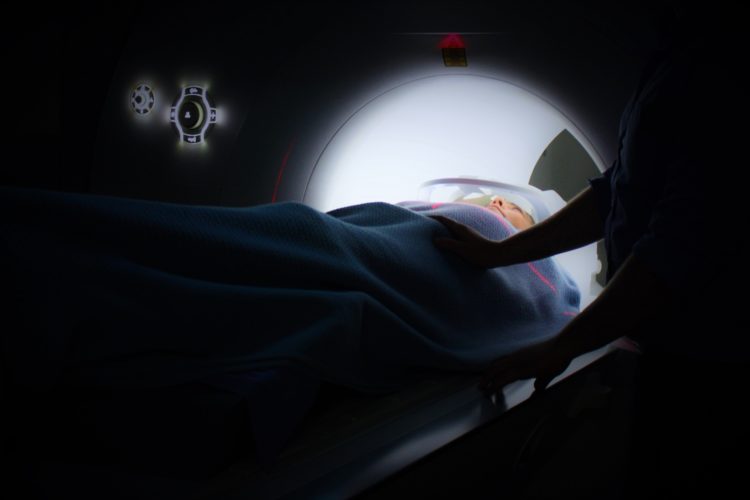Elements of a Medical Malpractice Claim – Causation
The last post in our series about the essential elements of a medical malpractice claim is about causation. In any personal injury claim against a doctor, dentist or other medical professional, there are four key elements that the plaintiff must prove in order to succeed. These are:
- The doctor, dentist or health care provider owed the plaintiff a duty of care;
- The services or treatment provided fell below the applicable standard of care;
- The plaintiff suffered an injury or loss; and
- The injury or loss was caused by the doctor’s negligence.
Causation in a medical malpractice claim
In a personal injury or professional negligence claim, a plaintiff must establish that there is a causal connection between the breach of the standard of care, and the injury that was suffered. The legal test to determine causation is called the “but for” test. It asks the plaintiff to show that, “but for” the defendant’s breach of the standard of care, the injury or loss in question would not have occurred.
Causation is a necessary element in order for a claim to succeed. Even where a defendant’s actions fell below the duty of care, and a plaintiff was injured, failure to prove causation will defeat the claim. If the damage or injury would have occurred irrespective of the defendant’s actions, the claim will not succeed.
How does the plaintiff prove causation in a medical malpractice claim?
Although it is not necessary to prove causation with absolute certainty, nor must they show the exact or direct cause of their injury, the plaintiff must satisfy the court on a balance of probabilities that the actual or proximate cause of their injuries was the breach of the standard of care.
As with the other elements of medical negligence claims, proving causation is highly complex, and the plaintiff should have qualified medical experts available to testify. Other evidence may be relevant, such as any records of the procedure, or the recollections of eye witnesses. Ultimately, the court seeks to find a common sense and reasonable explanation as to causation, based on the evidence before them.
Toronto area lawyers assisting with medical malpractice and professional negligence
If you have suffered a serious injury following a medical procedure, your treatment may have been performed negligently, or you may have received sub-standard care. The best way to determine whether you have a potential claim is to speak with a qualified and experienced personal injury lawyer that has handled these types of claims.
At Derfel Injury Law, our lawyers represent the victims of negligence in matters involving doctors, dentists, cosmetic surgery, chiropractors, and other medical professionals. Our personal injury team has decades of experience helping our clients get their lives back on track. To discuss a potential claim, make an appointment by contacting us online or calling 416-847-3580.
